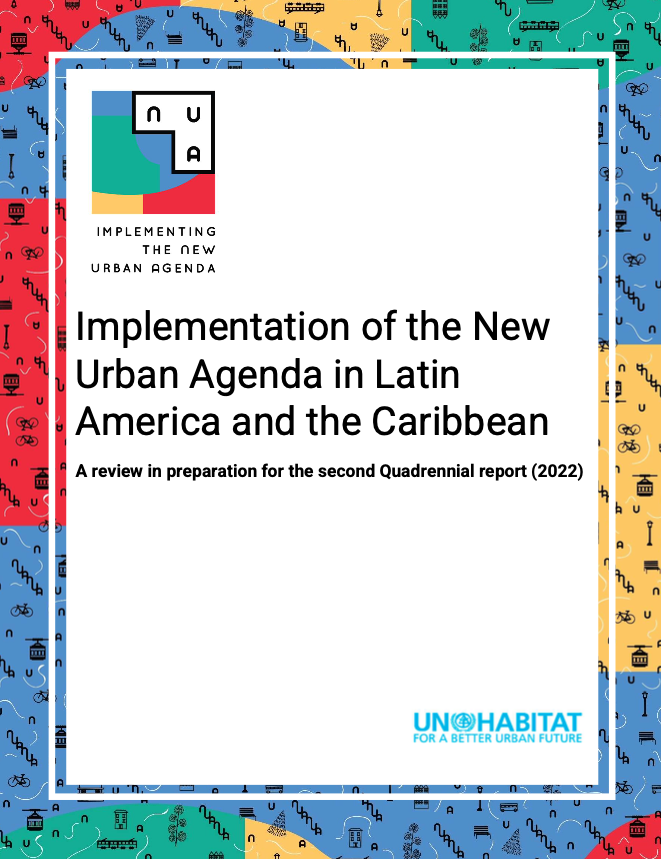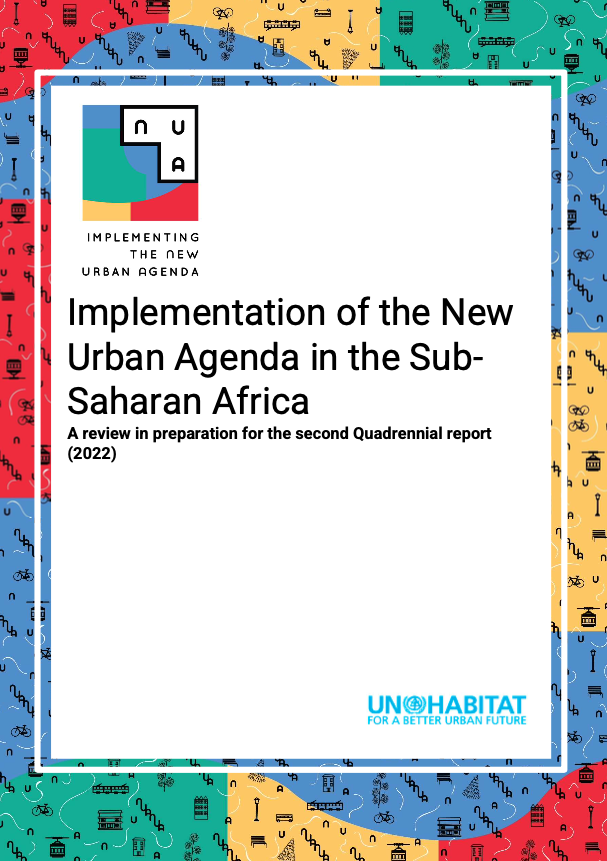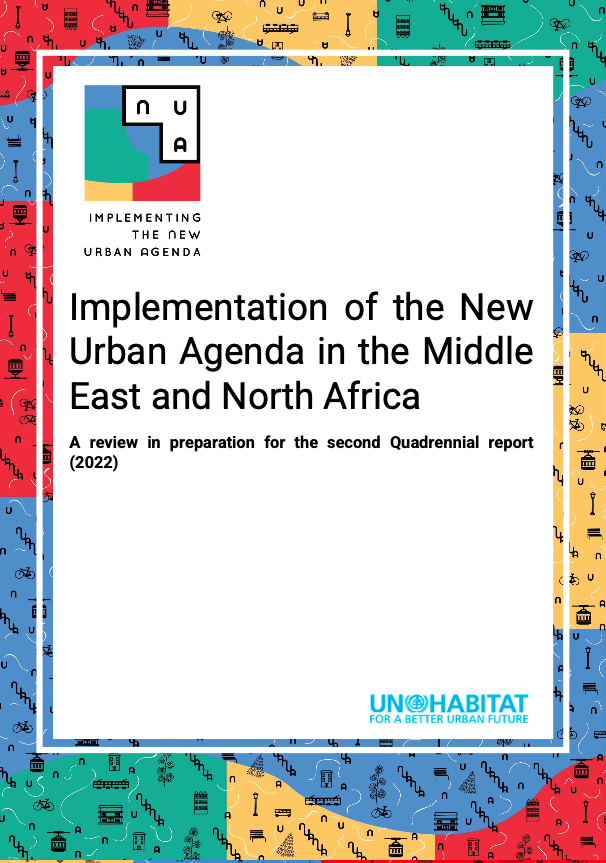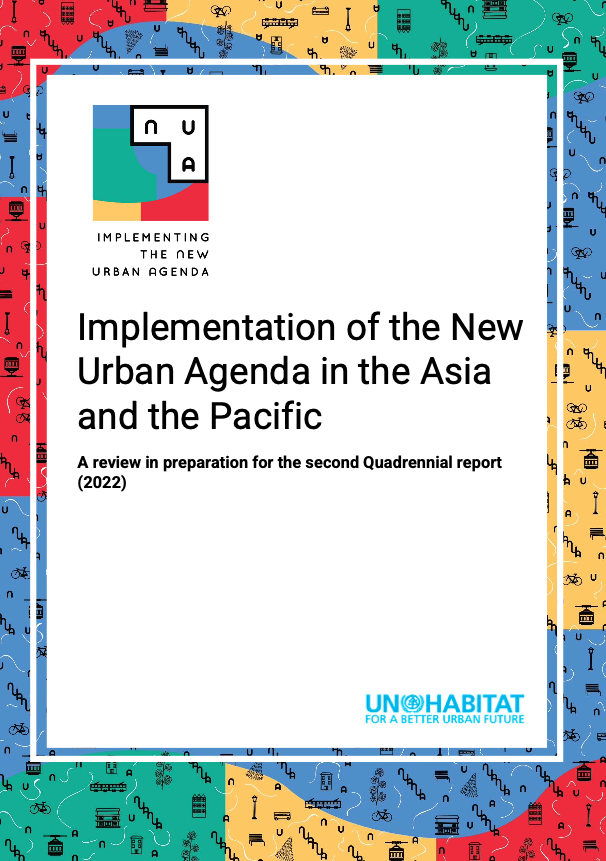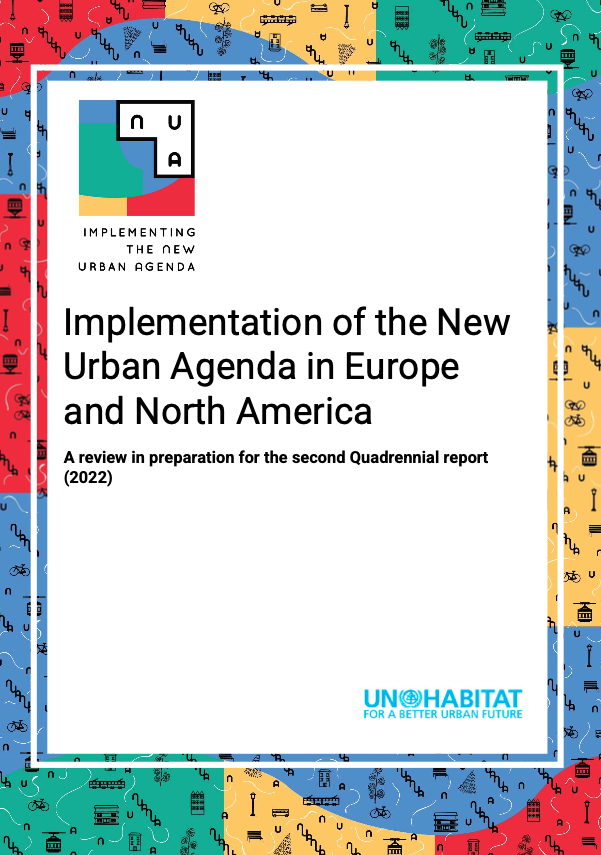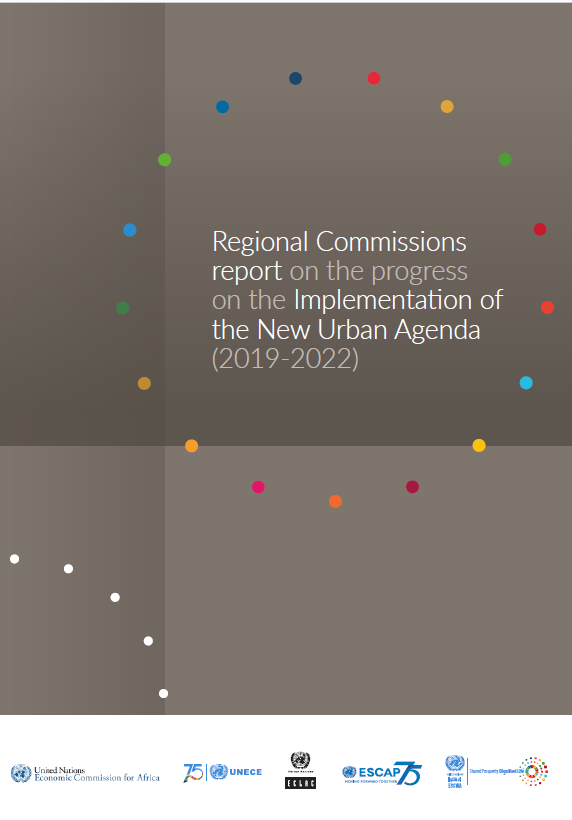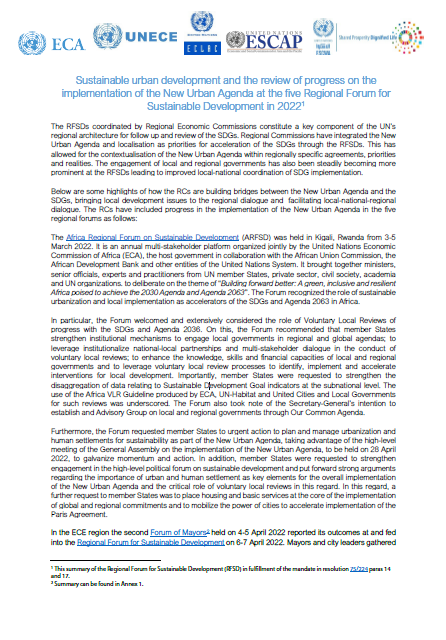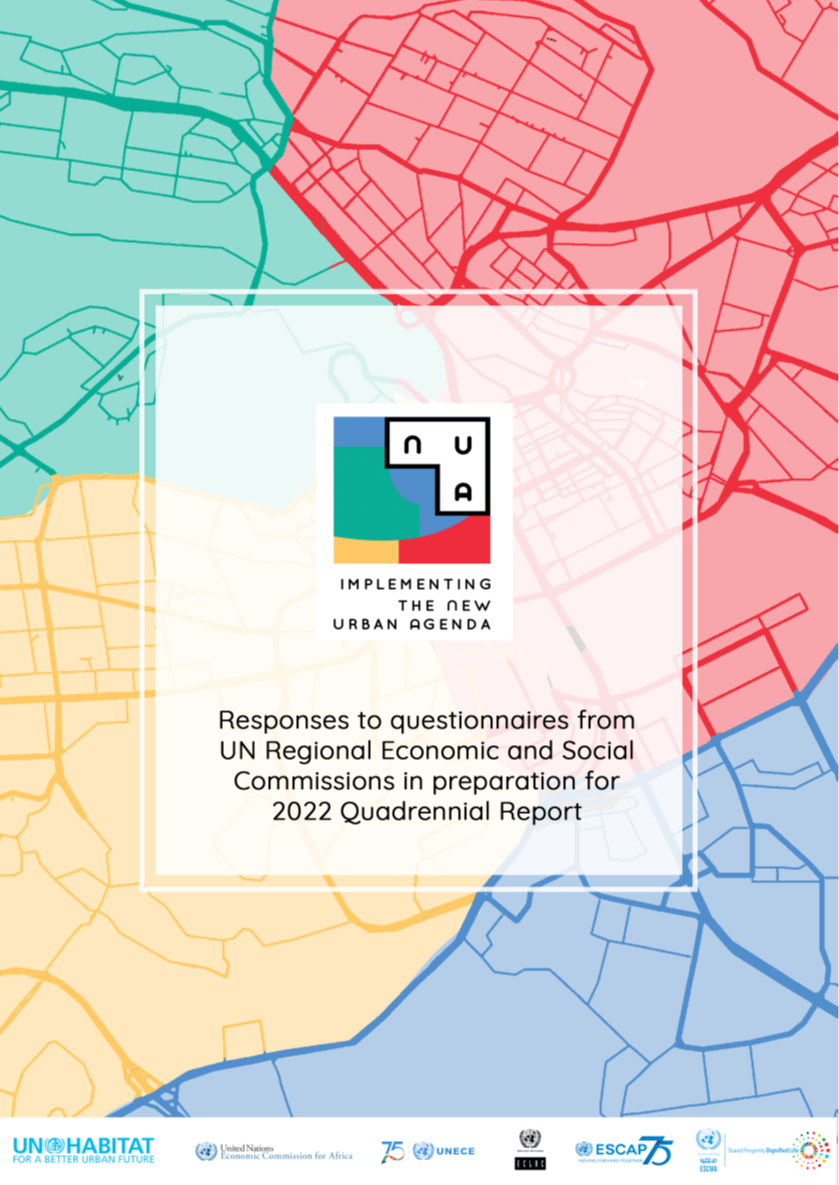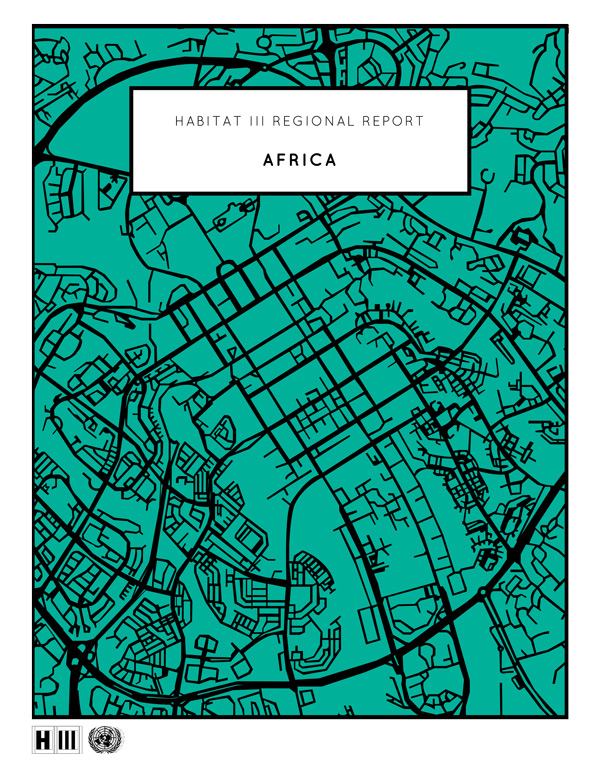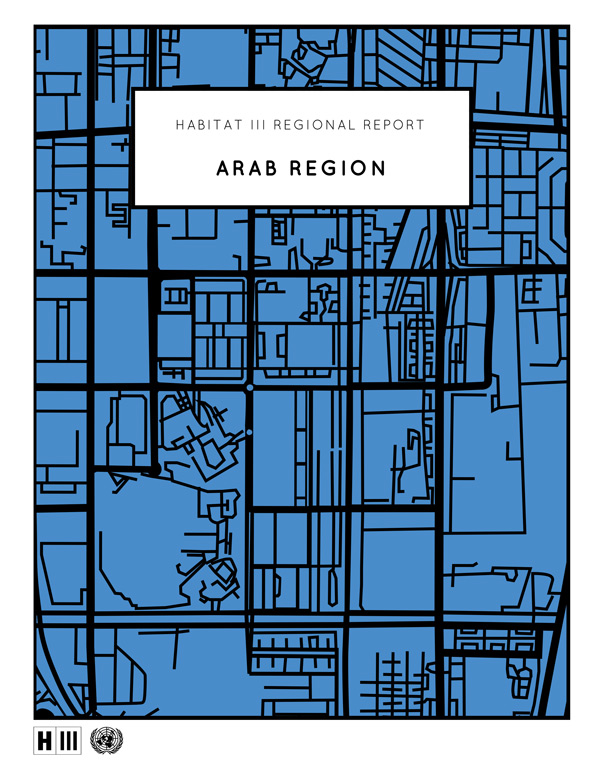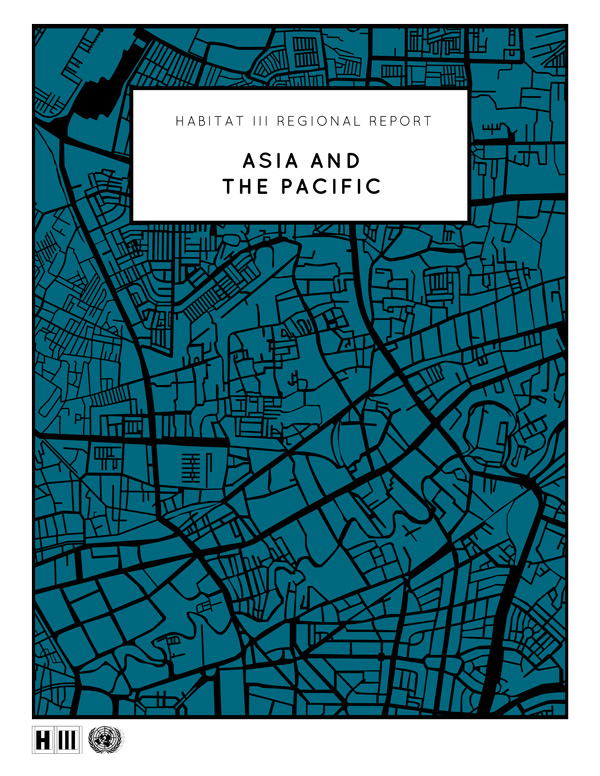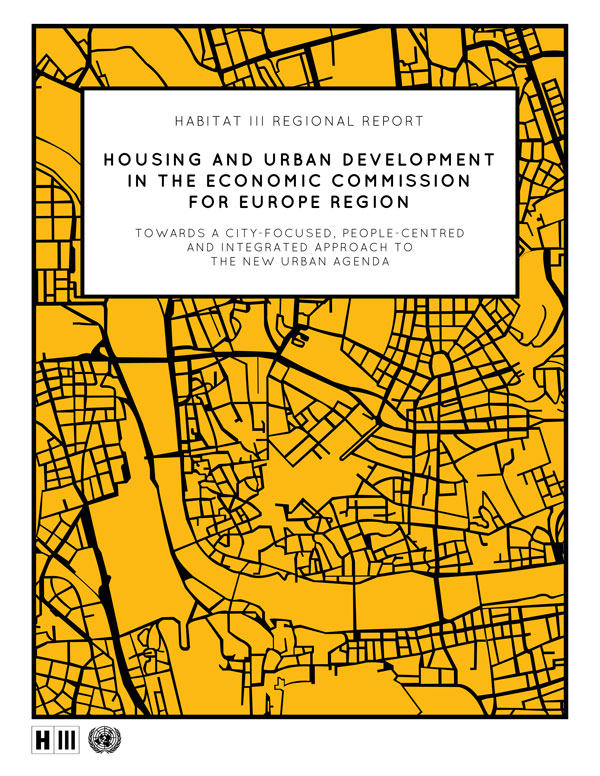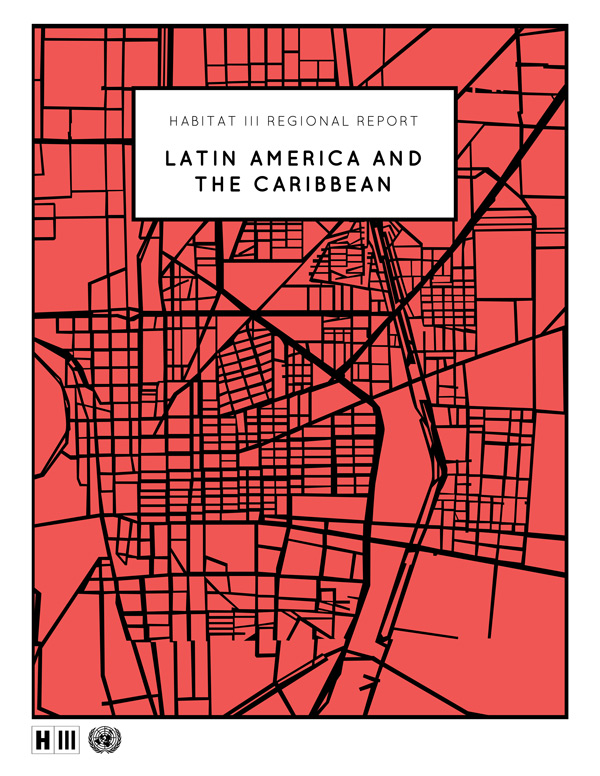Regional Reports
The Regional Report Guidelines were developed to support the preparation of regional reports on the implementation of the NUA led by UN-Habitat Regional Offices.
The Revised Urban Agenda Guidelines
The new guidelines have been organized into two parts. Part 1 details the reporting framework, beginning with an overview of new reporting modalities available to Member States. This part then continues with important principles and procedures to consider when preparing National Progress Reports and concludes with a description of the various synergies between reporting on the New Urban Agenda and other reporting and monitoring processes. Part 2 then provides an outline for a New Urban Agenda National Progress Report, including specific instructions about what to write and which data indicators to include for each section of the report.
Revised guidelines (in English)
Revised guidelines (in Arabic)
Revised guidelines (in French)
Regional reports on the implementation of the New Urban Agenda
The report on the implementation of the New Urban Agenda (NUA) is prepared in response to Resolution (RES/71/256) adopted by the General Assembly on 23 December 2016, which endorses the NUA was adopted unanimously at the United Nations Conference on Housing and Sustainable Urban Development (HABITAT III). As part of the preparation of the second Quadrennial report on implementing the New Urban Agenda, five regional reports were produced that informed the review, consultation and writing process. The Reports discuss progress made in the three transformative commitments of the NUA, the effective implementation and means implementation of the NUA in the five main regions. The Regional Reports complement the national reports submitted by Member States in addition to the consultation with over 40 partners and stakeholders.
Also, UN entities prepared reviews on their contribution to the implementation of the New Urban Agenda. Inputs based on activities of UN entities, the UN Regional Commissions and UN Resident Coordinator’s Offices have been integrated in the Quadrennial report of the Secretary-General. The Regional Commissions report on the progress on the Implementation of the New Urban Agenda (2019-2022) below complements the Quadrennial Report 2022.
Regional reports for Habitat III
As part of the Habitat III strategic framework, the Habitat III Regional Reports provide rich inputs of regional knowledge to the Habitat III process. The Regional Reports aim to identify major trends, opportunities, challenges and priorities in housing and sustainable urban development across each of the five main regions. Read more
UN Regional Commissions led the coordination of these reports in cooperation with UN-Habitat, national and regional experts, other UN and international organizations. This included mobilization of regional engagements such as the Common African Position adopted by the African Union and the Jakarta Declaration for Habitat III.
Regional dimensions of the New Urban Agenda Reporting
At the regional level, the European Union is examining the interlinkages with all development agendas and utilizing the New Urban Agenda as the implementing agenda of the urban dimensions of the global agreements through the Urban Agenda for the European Union and implementation of the 2030 Agenda. The African Union, in collaboration with the Economic Commission for Africa (ECA) and UN-Habitat, has developed a regional framework aligned with Agenda 2063, the Sustainable Development Goals, the Paris Agreement and other initiatives.
Regional forums for sustainable development convened by the United Nations regional economic and social commissions, are instrumental platforms for peer learning and addressing regional priorities. The African Union, the League of Arab States, the Association of Southeast Asian Nations, the European Union, the subregional platform for implementing the New Urban Agenda in the Caribbean States and the regional conferences of ministers of housing and urban development also play key roles in addressing regional and subregional urban priorities.
A regional reporting process will be initiated in addition to the National Reports being prepared by the Member States on progress in the implementation of the New Urban Agenda (Link). Further information on this preparation for the 2022 UN Secretary-General Quadrennial Report on Progress on the implementation of the New Urban Agenda will be updated here.
State of African Cities 2018 - The Geography of African Investment
The State of African Cities 2018 report is an in-depth analysis of the current state of foreign direct investment (FDI) in African cities. The report includes new data on the key recipient cities of FDI and analyses its impact on social development in African cities, including key themes related to sustainable urban development such as social equality, employment and food security. The report can be now taken as a broad baseline to the status of the investment dynamics in the continent prior to the COVID-19 impact and hence be useful for analyses on the impact of the pandemic to the sustainable development opportunities.
The report was published in partnership between UN-Habitat and the IHS-Erasmus University Rotterdam, with support of the African Development Bank, DFID and the Government of Norway
The Future of Asian and Pacific Cities 2019: Transformative Pathways Towards Sustainable Urban Development
The cities of 2030, 2050 and 2100 will be very different from today. They will be cities transformed in their demographic composition, in their implementation of technology and in their wider ecological contexts. The challenges of building cities sustainable enough to meet the changing needs of the future will require new ways of thinking and working, as well as new kinds of multi-stakeholder initiatives and partnerships. The Future of Asian and Pacific Cities report 2019 makes the case for four priorities and four approaches to realize a sustainable urban future in Asia and the Pacific. A sustainable future occurs when urban and territorial planning lays a foundation; resilience guards against future risk; smart cities deploy the best technology for the job, and financing tools help pay for it all. Getting these essentials right in Asian and Pacific cities today is vital in order to adapt to the demands of tomorrow and to deliver on the 2030 Agenda for Sustainable Development and the New Urban Agenda.
The Future of Asian and Pacific Cities report 2019 was jointly developed by the United Nations Economic and Social Commission for Asia and the Pacific and the United Nations Human Settlements Programme in partnership with the Asian Development Bank, Centre for Livable Cities Singapore, the European Union, The Rockefeller Foundation and the United Nations Development Programme.
